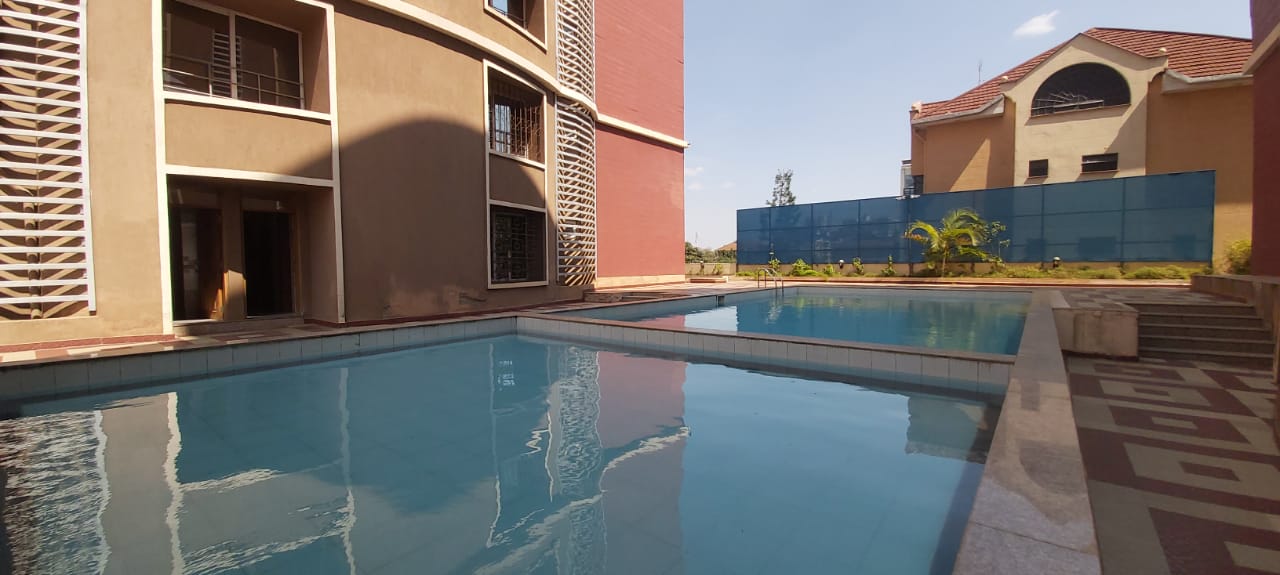In the last few years, there has been an increased interest in owning property and land in Kenya. This has led to the growing number of real estate firms in Kenya that has been attributed to an increased demand for land to target the middle-class citizen. The long process of registering land and property is among the factors affecting affordable housing in Kenya.
However, there has been an improvement with the ongoing digitisation of land registries by the Ministry of Land and Physical Planning. In May 2019, the Ministry of Land and Physical Planning announced new guidelines regulating the property registration process in Kenya. The process is meant to simplify the process of registering land. The main goal of digitising registries is also to reduce the time taken in property or land registration. The consolidation of duplicated procedures is aimed at helping the ministry to standardise the time required and retain only key procedures during registration.
The registration process used to take approximately 90 days, but the new system reduces the number of days taken in the process to only 12 days. International Finance Corporation (IFC), the private sector arm of the World Bank Group, has been supportive of the upstream property reforms. The new method is meant to ease the overall process of transferring and acquiring land or property in Kenya.

Urban Park Residence for sale in Syokimau
Syokimau, Nairobi, Kenya
Five Star Apartment for Sale in Syokimau
Five Star Phase 1 Estate, Five Star Road, Nairobi, Kenya
Gemland Residence on Riverside Drive, Westlands
Riverside Drive, Nairobi, Kenya
97 Alta Apartment in Westlands
Rhapta Road, Nairobi, KenyaReports on the housing sector in Kenya indicated a direct correlation between the high price of the property and high registration costs. Digitization and reduction of costs will reduce the avenue for rent-seeking and ensure efficiency at the Lands office. The competitiveness of the real estate sector in the country will be boosted by the changes to the outdated laws and regulations. The World Bank funded the Kenyan affordable housing finance project, furthermore providing technical assistance to the Land Ministry. This will enable the government to create favourable conditions for property registration and expand access to affordable housing. Besides, the Ministry of Land will also enhance the design of the Lands Information Management System (LIMS) to operate as the sector’s point of reference for all data related to administering and managing land parcels.
Recently, the Ministry of Lands and Physical Planning issued a public notice stating that the ministry has simplified the land process from a nine process to a three process.
- Step 1 to be concluded within five days
The first step is to apply for a land rent clearance certificate. The application is only made through the eCitizen platform. Make an application for consent to transfer, lease or charge the piece of land. Also, make an application for valuation (stamp duty assessment).
- Issuance of land to rent clearance certificate
- Issuance of consent to transfer, lease or charge
- Valuation for stamp duty assessment
- Step 2 to concluded within three days
It involves the visitation of the site for valuation purposes
- Step 3 to be concluded within four days
It is the registration of title land and other instruments
The new process is expected to be rolled out throughout the whole country in the next year. To register a property in Kenya, one should look at the various requirements.
- Procuring Land Rent Clearance Certificate
- Duly filled application form
- A copy of the title deed
- Land Rent Payment receipts for the current made through RTGS transfer and iTax
- Consent to transfer
- Application letter from Registered owner/authorized agent/advocate
- Duly filled application form and fee
- Copy of Search/ Title
- Valuation Requisition
- Application for valuation form duly filled
- A copy of the title
- Original transfer instrument duly executed
- A survey plan/sketch/RIM/map of the location
- Title Registration
- Application form for registration and fee
- Original Title Document
- Original Stamp Duty Payment Receipt
- Duly executed Lease/Transfer/Charge Instrument/Caveat/ inhibition and other instruments in Triplicate
- Certified copies of ID Card, KRA Pin Certificates and CR12 for companies
Kenya also needs to consider legal reforms while implementing the ongoing policy reforms in the land sector. Compliance with the new process will help reduce the time and procedures involved in property registration. This initiative by the government once implemented fully will benefit the whole country.

